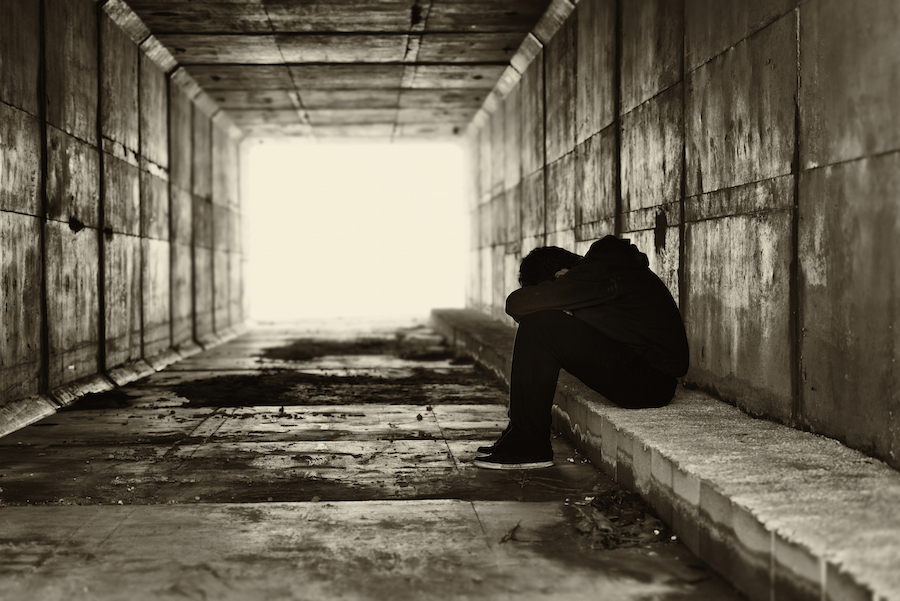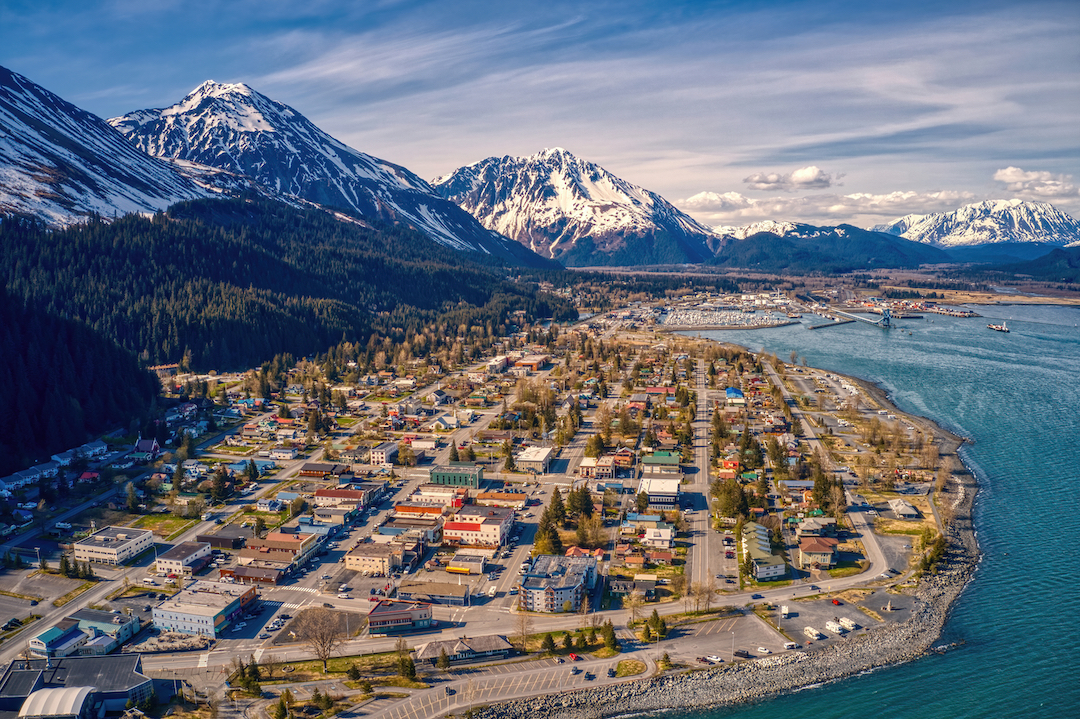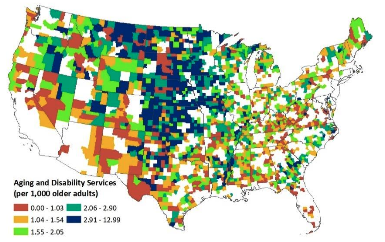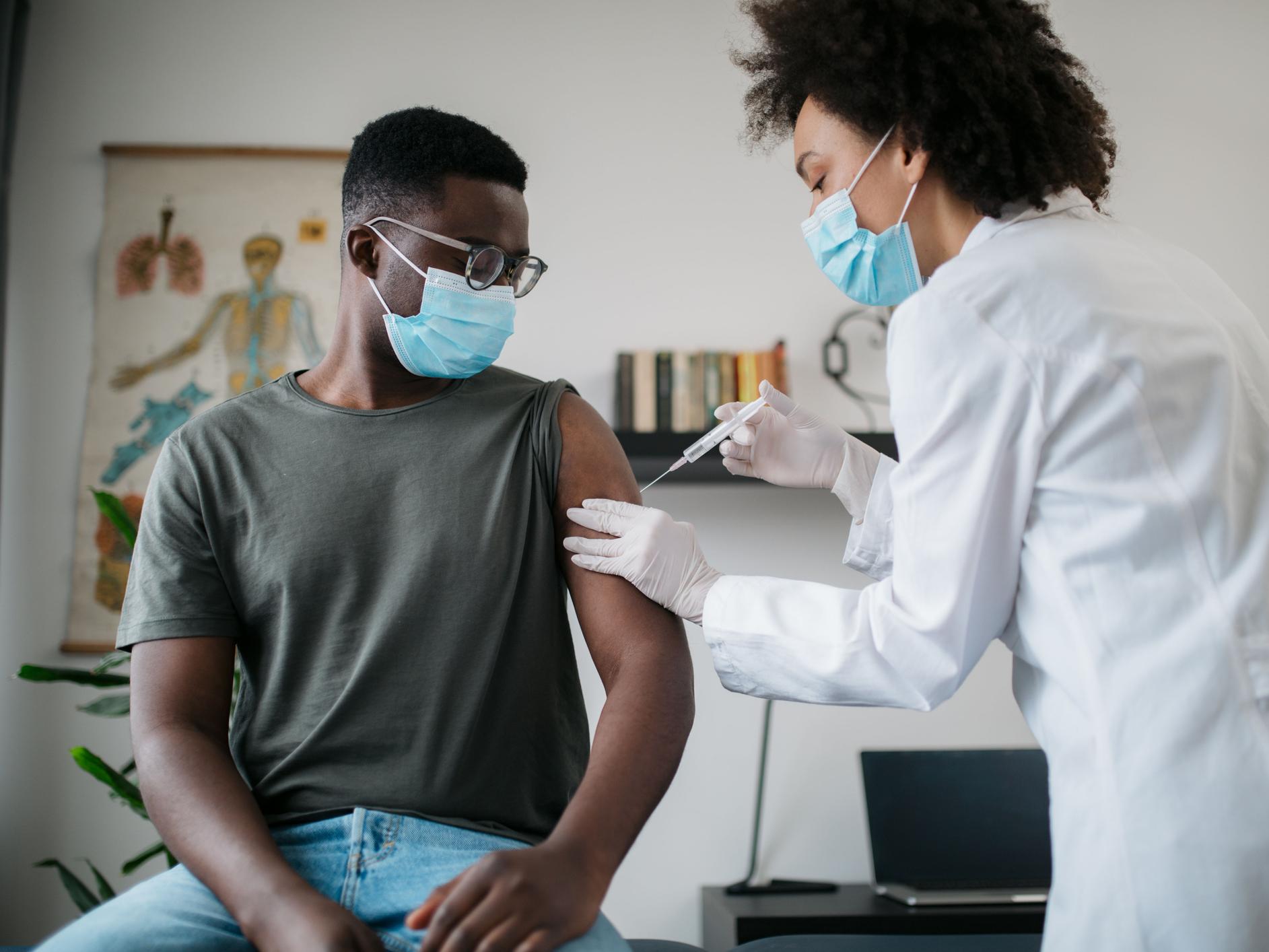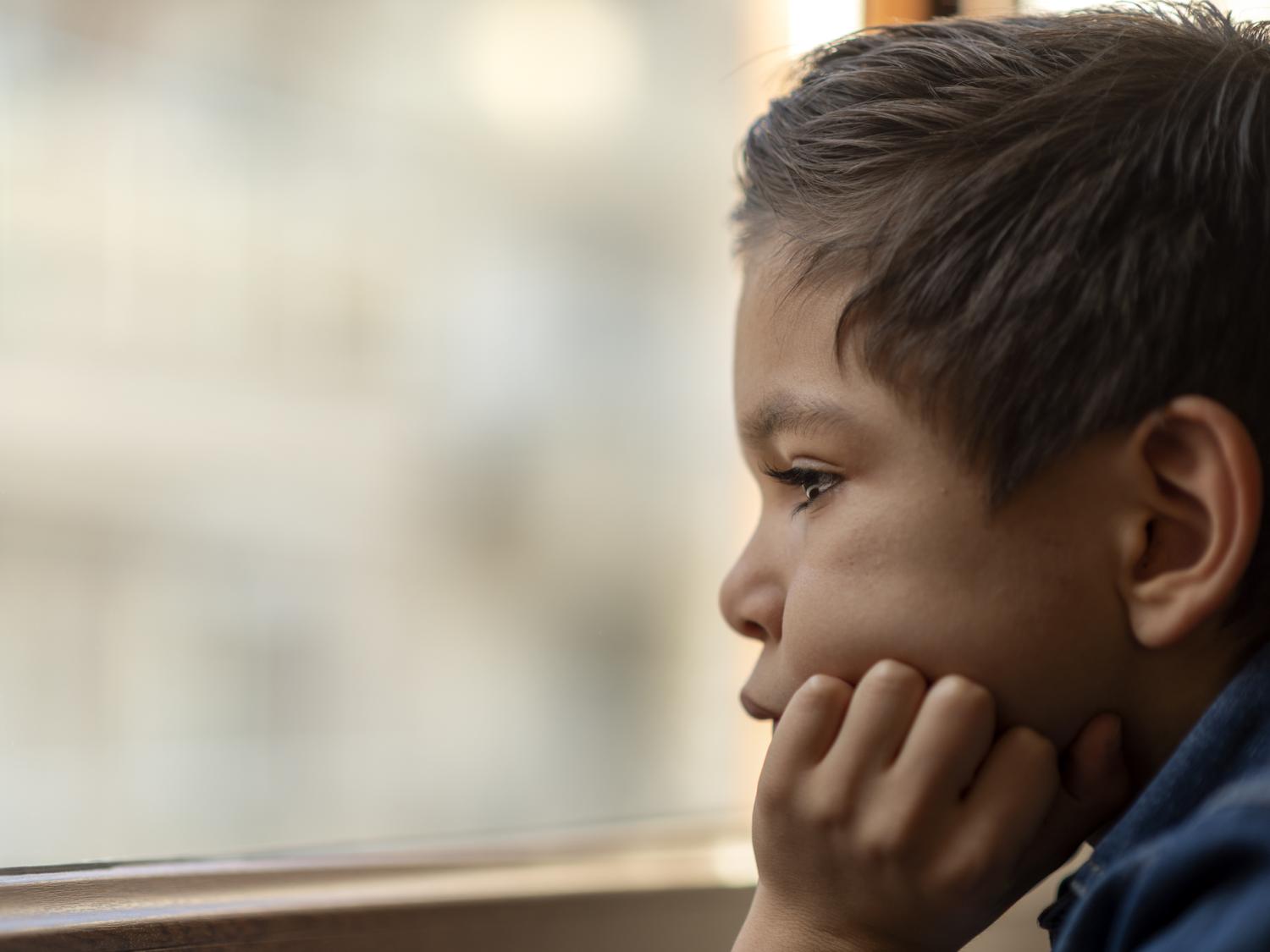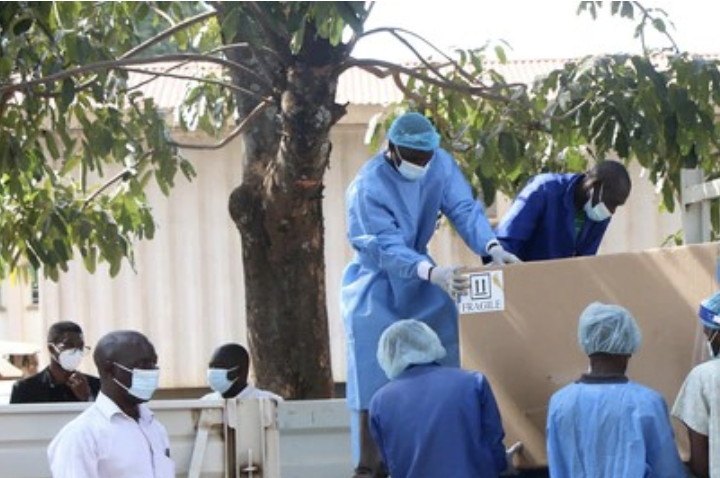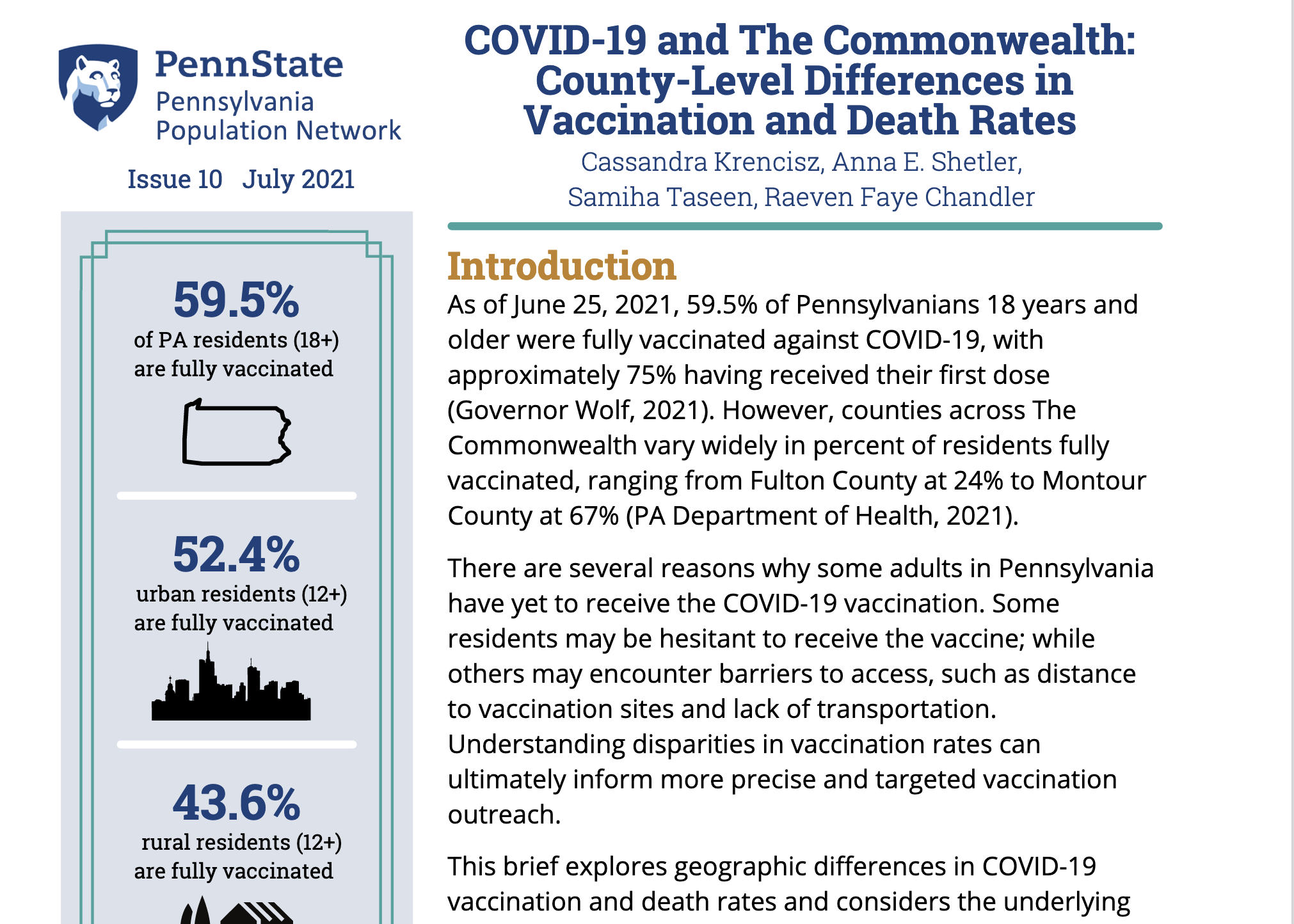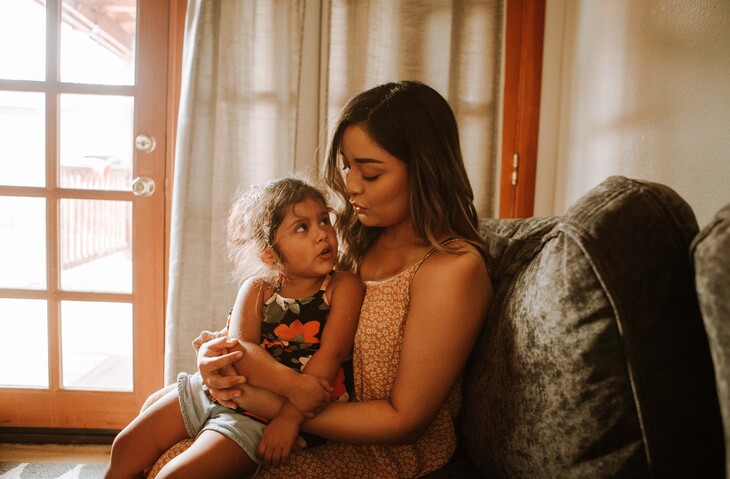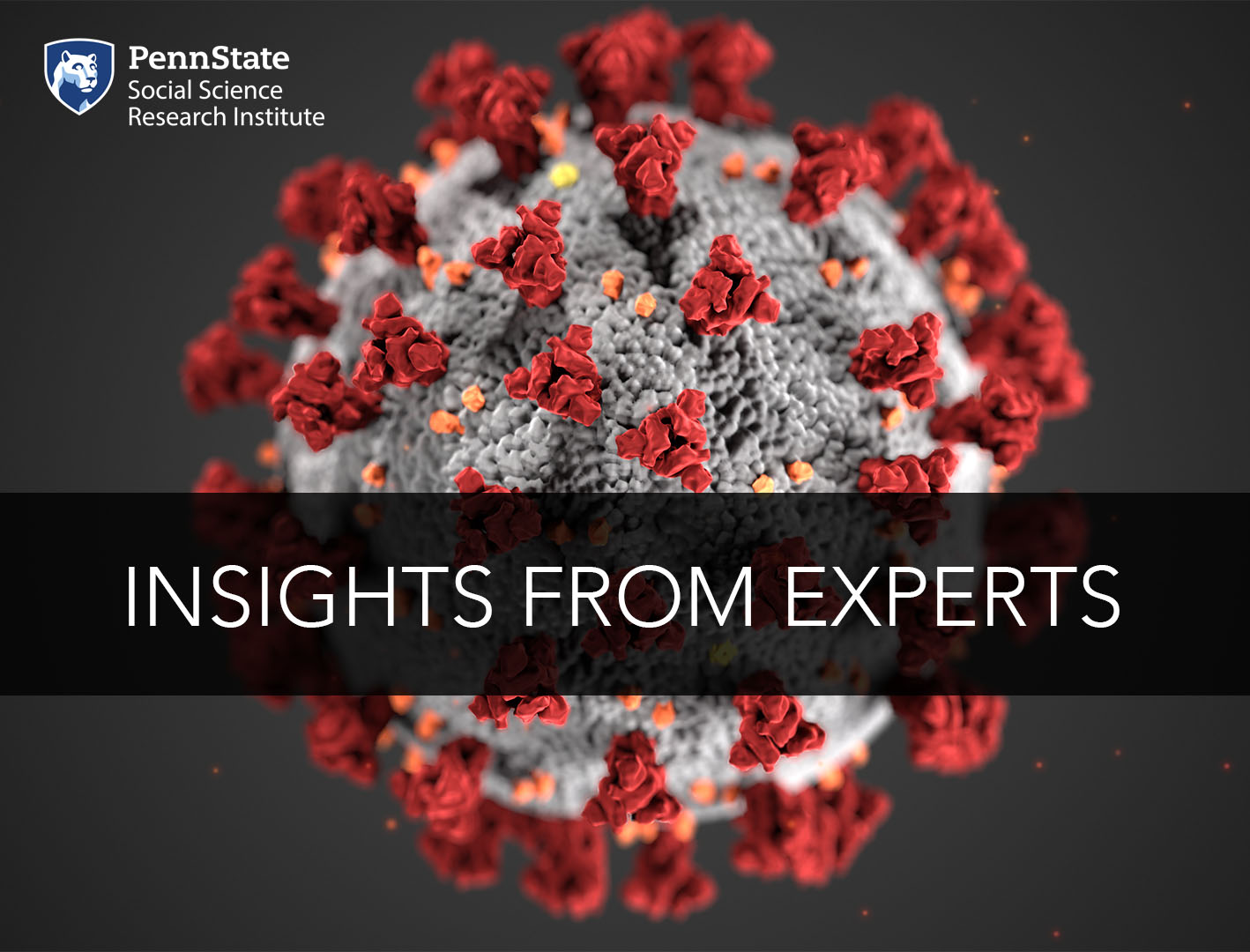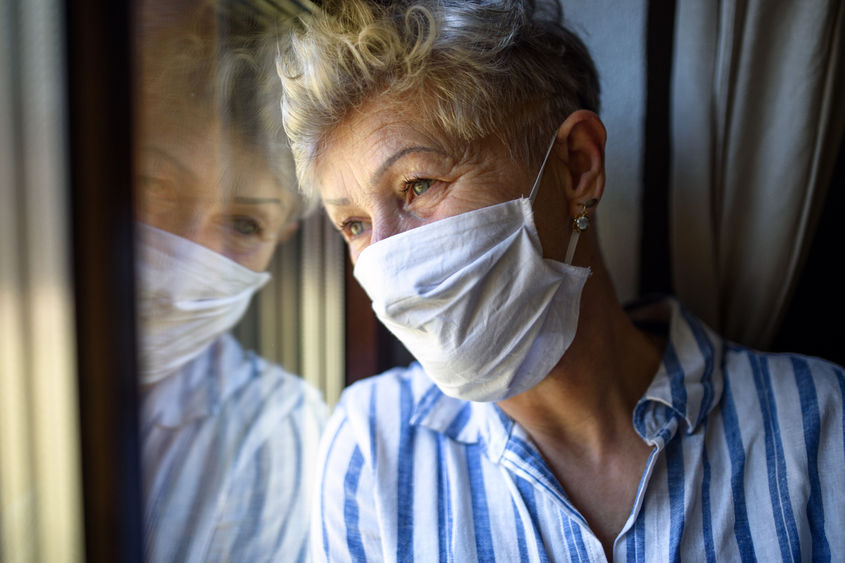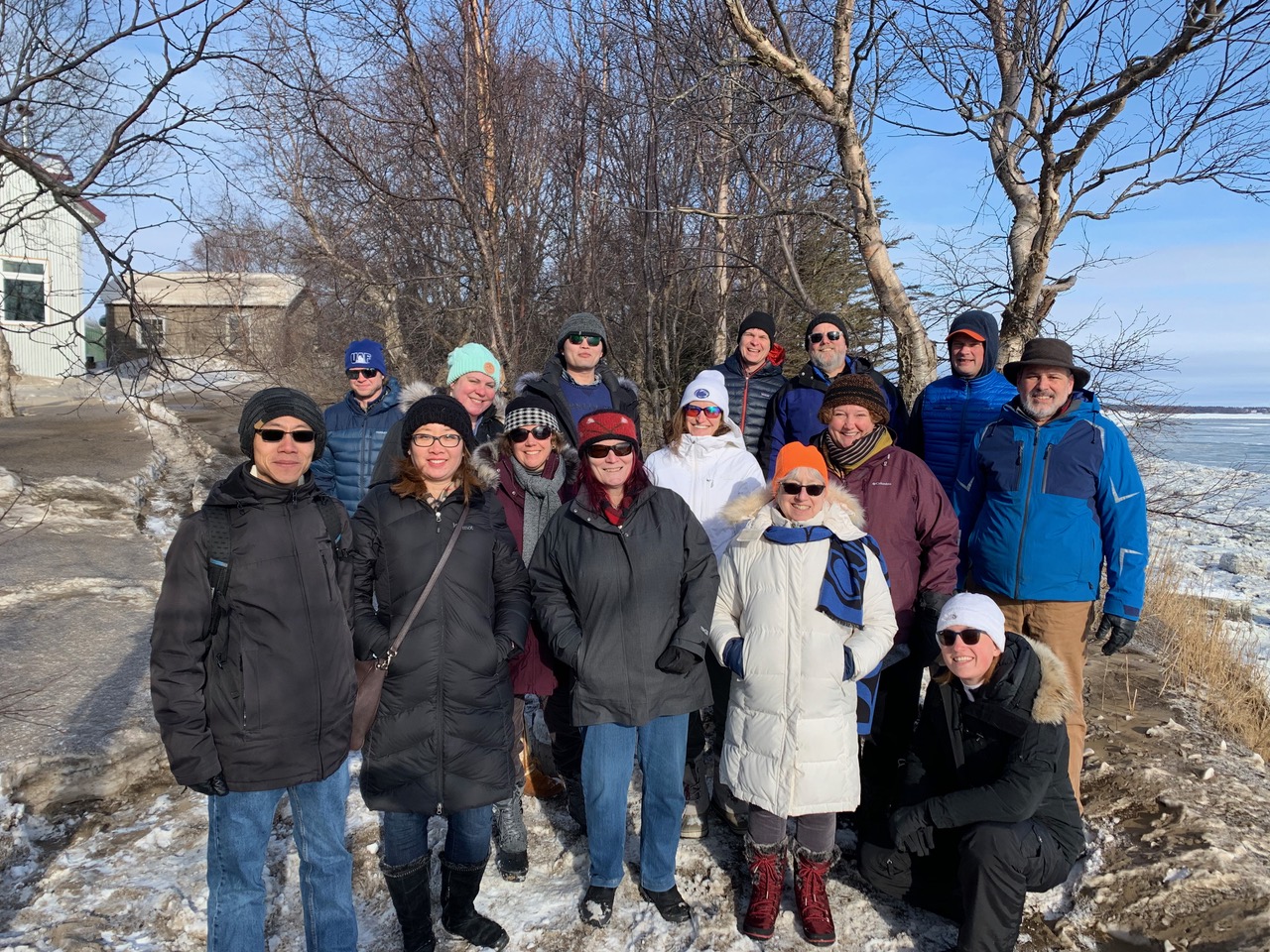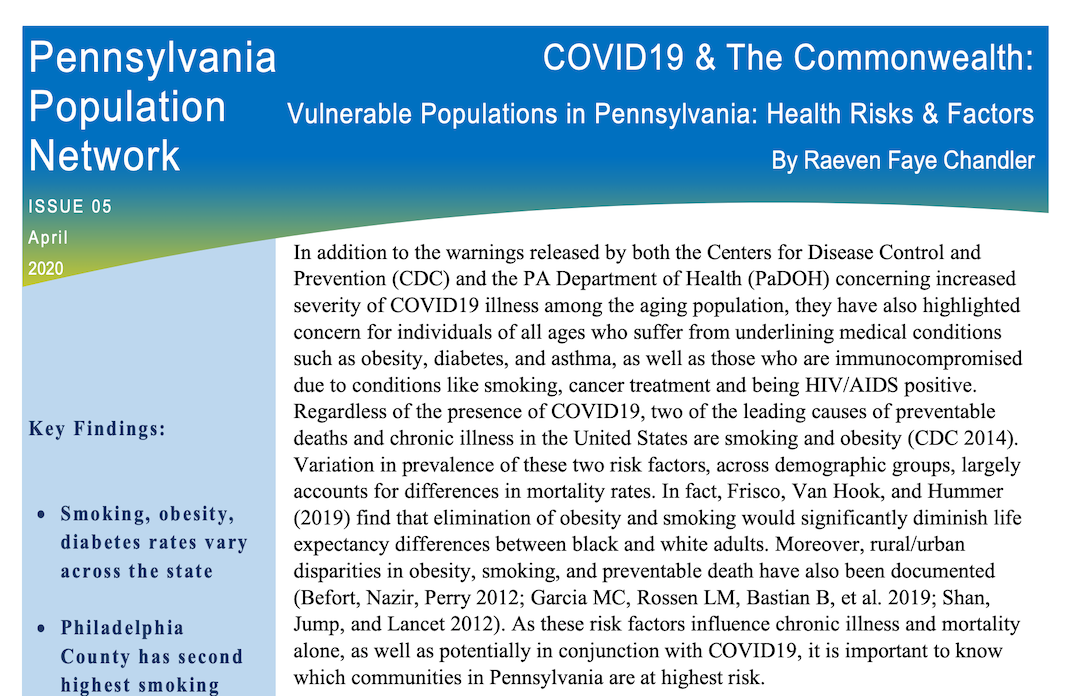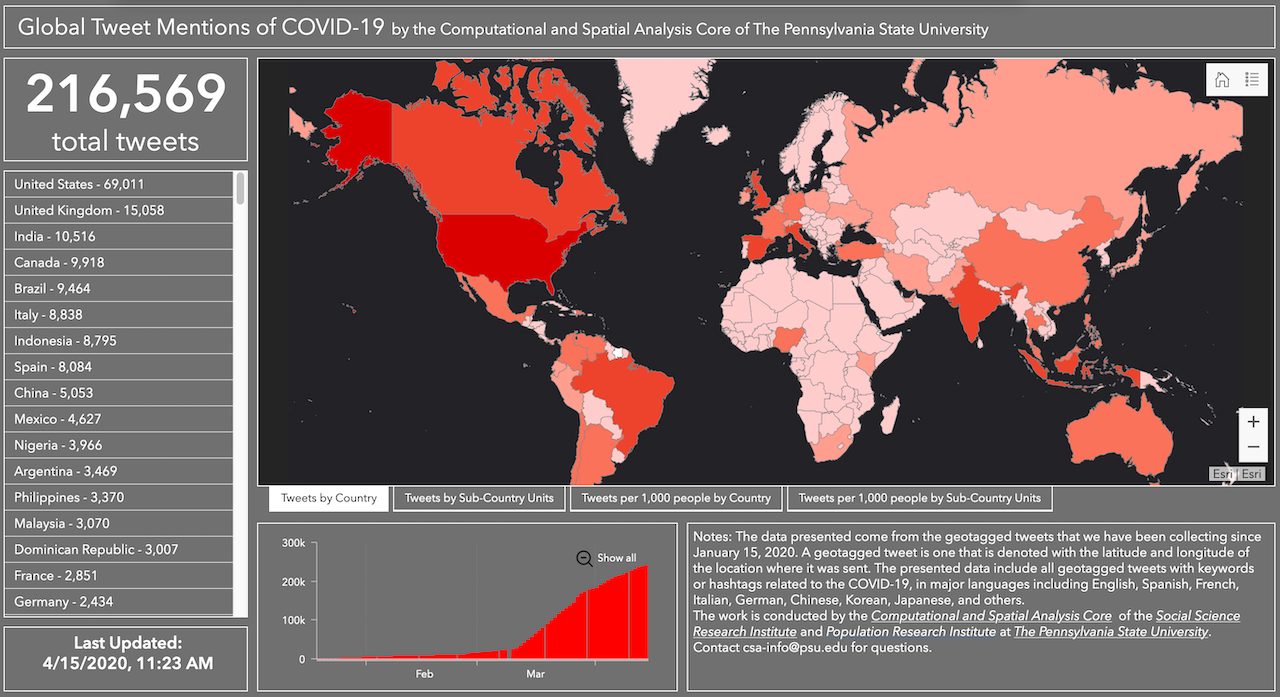25 Years of Service (2) Abortion Rights (1) Activist Groups (1) Addiction (14) ADHD (1) Administrative Data Accelerator (1) Adolescents (2) Aging (19) Agriculture (3) AI (5) AI Hub (2) Air Quality (1) Alaska (4) Alcohol (1) Alzheimer’s Disease (1) Amish (1) Annual Report (2) Anthropology (5) Anxiety (1) Arctic Research (4) Artificial Intelligence (3) Asian Families (2) Associate (1) Asthma (2) Autism (1) Award (24) Babies (2) Big Data (3) Biobehavioral Health (16) Black Families (2) Brain (4) Bullying (1) Business (1) Cancer (1) CCSA (11) Celebration (5) Census (9) Center for Education and Civil Rights (9) Center for Educational Disparities (29) Center for Global Studies (1) Center for Health Care Policy Research (1) Center for Healthy Aging (1) Center for Security Research and Education (4) Center for Social Data Analytics (1) Center for Socially Responsible Artificial Intelligence (4) Center on Education and Civil Rights (2) Child Development (2) Child Health (2) Child Maltreatment (6) Child Maltreatment Solutions Network (5) Child Obesity (6) Child Study Center (2) Chronic Illness (2) Civic Engagement (2) Clearinghouse for Military Family Readiness (6) Climate Change (23) Clinical and Translational Science (6) Cognition (3) Collaborative on Population Aging Disparities (1) College of Agricultural Sciences (12) College of Communications (2) College of Earth and Mineral Sciences (1) College of Education (36) College of Health and Human Development (30) College of Information Sciences and Technology (3) College of Medicine (12) College of Nursing (1) College of the Liberal Arts (37) Communication (5) Communication Arts and Sciences (1) Community (14) Computational and Data Sciences (2) Computational and Spacial Analysis (2) Concussions (1) Conference (10) Consortium on Moral Decision-Making (6) COSSA (13) COVID-19 (27) Criminal Justice (5) Criminal Justice Research Center (7) Criminology (16) CSA (19) CSUA (6) CTSI (43) Data Management (8) Data Resources Hub (1) Data Sources (2) De Jong Lecture (7) Death (3) DEI (3) Democracy (3) Demography (51) Depression (4) Disasters (8) Discrimination (10) Diseases of Despair (1) Dyslexia (1) Economics (4) Edna Bennett Pierce Prevention Research Center (1) Education (20) Education Policy (13) Educational Attainment (4) EIC (8) EIC Podcast (4) Emotion (1) Employment (5) Environment (2) Exercise (1) Expanding Empathy Speaker Series (1) Faculty Fellows (8) Faculty Information (4) Family (9) Family Symposium (20) Fellowship (6) Food Security (4) Forest Resources (1) Foster Care (2) Friends (3) Fullbright Scholars (2) Funding (57) Gender Equality (3) Generational Disadvantages (2) Genetics (2) Geography (4) Geology (1) Geospatial (3) Geroscience and Dementia Prevention Consortium (2) GIS (1) Global Programs (7) Global Warming (5) Government (15) Grief (2) Gun Control (2) Gun Violence (1) Health (7) Health Care (12) Health Disparities (9) Health Equity (9) Health Policy and Administration (5) Hispanic Families (3) Housing (2) Huck (2) Human Development and Family Studies (24) Human Trafficking (1) ICDS (1) IFSE Workshop (3) Immigrants (2) Immigration (30) Impact (3) Indigenous Communities (3) Inequality (2) Inequities (2) Influence (2) Information Technology (4) Innovation (2) Institute for CyberScience (8) Institutes of Energy and the Environment (3) Intentional School Failures (1) Interventions (2) IPDR (1) IRB (2) Job (3) Kinesiology (1) Kinship (3) Labor Exploitation (1) Labor Relations (6) Latino (1) Law (1) Lecture (2) Lerner Center for Public Health Promotion Brief (2) Life Course Exposures (1) Life Expectancy (4) Lloyd Prize (1) Machine Learning (1) Malnutrition (1) Marcellus Shale Natural Gas Development (1) Marijuana (1) McCourtney Institute for Democracy (9) MDI (1) Memory (2) Mental Health (5) Mexico (2) Migration Research (25) Military Families (1) National Security (1) Natural Resources (1) New Methodologies (1) NIH (30) Nominations (1) NSF (21) Nursing (1) Nutrition (1) Nutritional Sciences (1) Obesity (5) Online Aggression (1) Open Access Research (3) Open House (2) OpenMx (1) Opioids (25) OSVPR (10) Overdose (1) PAA (3) PacMAT (1) Parenting (1) Partnership (2) Penn State Cancer Institute (3) Penn State Research (93) Pennsylvania Population Network (6) Pennsylvania Redistricting Advisory Council (1) Philosophy (1) Playing the Archive (2) Podcast (9) POLARIS (3) Policymaking (16) Political Science (11) Politics (12) Population (3) Population Health (6) Population Research (3) Postdoctoral (4) Poverty (1) PPN Brief (2) Pregnancy (3) Preschool (1) Prevention Research Center (4) Prevention Science (6) PRI (100) PRI Affiliate (3) PRI Associate (23) Private Services (1) Professor (1) Promotion Announcement (1) Proposal (7) Protocol (1) Psychology (12) Public Health Sciences (3) Public Policy (10) Public Services (1) Qualtrics (1) QuantDev (4) Race (1) Racial and Ethnic Minorities (5) Racial Disparities (8) Racism (1) RDC (1) Recovery (1) REDCap (1) Refugees (1) Relationships (1) Research (28) Research Evidence (8) Research-to-Policy Collaboration (4) RISE Conference (1) Rock Ethics Institute (3) RPC (1) Rural Communities (12) Rural Health (8) Rural Sociology (14) School (17) School of Public Policy (2) Science Policy (1) Security (2) Seed Funding (29) Segregation (14) Self-control (2) Seminar (7) Siblings (1) SJRC Equity Fellows (1) Sleep (5) SLEIC (1) Smoking (4) Social Data Analytics (2) Social Inequity (3) Social Justice (3) Social Media (4) Social Science (63) Social Stressors (1) Sociology (50) Software (3) Special Education (12) Spring Gathering (3) SRC (1) SSRI (79) SSRI Affiliates (3) SSRI Associate Directors (1) SSRI Cofunds (25) SSRI Director (5) SSRI Staff (3) Stress (4) Substance Abuse (14) Substance Use (7) Suicide (2) Support Resources (2) Survey Research Center (1) Symposium (2) Teams (1) Teens (4) Texas (1) Transportation (1) Twitter Data (5) Unemployment Rate (3) University Policy (2) Veterans (2) Violence (1) Visiting Scholar (1) Water (6) We Are (2) Why Social Science? (21) Womens Health (2) Womens Studies (1) Work Conditions (1) Workforce Development (1) Working Groups (2) Workshop (10)
Project reveals pandemic perceptions in Alaskan fishing community
When the COVID-19 pandemic spread across United States in early 2020, people’s perceptions of the disease varied widely. Penn State researchers examined those perceptions in Bristol Bay, Alaska, home to the world’s largest commercial salmon fishery, and found people’s perceptions of risk due to…
Amish found to be under-vaccinated for COVID-19 but not unvaccinated
This summer, viral misinformation claimed that the Amish did not vaccinate against COVID-19 and, as a result, had a death rate 90 times lower than the rest of the United States. Now, a Penn State study is the first to provide geographically broad and population-wide evidence that while…
New project to study impacts of eviction on health
Prior to the pandemic, many poor renter households in the U.S. spent over half their income on rent, leading to an epidemic of evictions and negative impacts on physical and mental health. A Penn State researcher will participate in a new project that will evaluate the effects of pandemic eviction-…
New grant continues Arctic research addressing climate change and communities
Climate change in the Arctic is evident as temperatures rise and Alaskan coastal Indigenous communities face severe, urgent, and complex social and infrastructural challenges. A collection of Penn State research in the region, being driven by social sciences and in collaboration with engineering…
In Rural America, Older Adult Vaccination Rates were Higher in Counties with More Aging and Disability Services
In this Lerner Center for Public Health Promotion research brief, PRI's Danielle Rhubart and Yue Sun describe how aging and disability services (ADS) played an important role for older adults in the COVID-19 vaccination rollout, including sharing information, providing transportation, and serving…
Race matters in COVID-19 vaccine hesitancy, research finds
Hispanic and Black Americans have suffered higher rates of hospitalization and death from COVID-19 than white Americans. A new Penn State study analyzed data collected when COVID-19 vaccines first became available to determine whether these racial and ethnic disparities are related to vaccine…
Losing spouse to COVID may be worse for mental health than other causes of death
Losing a spouse can be a devastating experience for anyone. A new study found that experiencing the death of a spouse due to COVID-19 may be worse for mental health than deaths from other causes. Penn State researchers found that while there were strong associations between the recent death of a…
1 in 8 U.S. deaths from 2020 to 2021 came from COVID-19 – leaving millions of relatives reeling from distinctly difficult grief
By Emily Smith-Greenaway, Associate Professor of Sociology, USC Dornsife College of Letters, Arts and Sciences; Ashton Verdery, Professor of Sociology, Demography and Social Data Analytics and Population Research Institute Associate, Penn State; Haowei Wang, Postdoctoral Research Associate in…
Losing a grandmother may trigger rise in depression for some of her survivors
Losing a beloved family member is never easy, but a new study suggests the loss of a grandmother in particular may have repercussions for the loved ones she leaves behind. The researchers found that for up to seven years after the death of their grandmother, adolescent boys had a 50% increase in…
The Covid cloud is starting to lift – but two years on, its legacy of grief lingers
PRI Associate Ashton Verdery was quoted in this story about the impacts of Covid-19 by The Guardian. Verdery created with colleagues a bereavement multiplier that estimates how many people in the US have lost a close relative to Covid. Given the paucity of historical demographic data for Hispanic…
News Topics: COVID-19
16th Annual De Jong Lecture in Social Demography taking place on Oct. 1
“Surviving Two Epidemics: Resilience and Health in the Malawi Longitudinal Study of Families and Health 1998-2021” will be presented by Hans-Peter Kohler at Penn State's 16th annual De Jong Lecture in Social Demography Oct. 1, 9 a.m. – 12 p.m. in The Living Center, Henderson Building, and virtually…
News Topics: De Jong LectureCOVID-19
COVID-19 and The Commonwealth: County-Level Differences in Vaccination and Death Rates
A recent policy brief by the Pennsylvania Population Network at Penn State shows the “great differences” in COVID-19 vaccination rates across the Commonwealth. Written by Cassandra Krencisz, Anna E. Shetler, Samiha Taseen and Raeven Faye Chandler, this report explores these differences and analyzes…
News Topics: Pennsylvania Population NetworkCOVID-19
New book, 'The Tolls of Uncertainty,' examines the US unemployment system
In April 2020, soon after the pandemic forced the U.S. into lockdown, the unemployment rate reached 14.8%, the highest documented since data collection began in 1948. More than a year later, 4.2 million fewer women and 3.5 million fewer men are employed, compared to just before the start of the…
Consequences of COVID-19 on adolescent behavior
Impacts of the COVID-19 pandemic have been widely reported, but less is known about the indirect consequences on health-related behaviors. Researchers recently discovered that while there was a decline in physical activity in adolescents during stay-at-home orders, there were no changes in the…
COVID-19 Case Rates in Rural & Urban PA
When the COVID-19 pandemic became widespread in the United States, much of the discussion and attention centered on urban epicenters with rapid spread due to the high population density. While rural areas are less populous, other characteristics of rural America make those individuals living there…
News Topics: COVID-19
Institute of State and Regional Affairs looks at COVID-19 senior isolation risk
Continuing its analysis on the impact of the COVID-19 pandemic on Pennsylvania, the Institute of State and Regional Affairs (ISRA) at Penn State Harrisburg has released new data, in conjunction with the Pennsylvania Population Network, examining the impact of social isolation in the senior…
News Topics: Pennsylvania Population NetworkCOVID-19
Researchers study trends in Pennsylvania school reopening plans
The COVID-19 pandemic has presented numerous challenges to school districts across the nation as they have debated options for educating students safely. According to researchers in Penn State’s College of Education, the decision by Pennsylvania school districts to re-open schools in-person,…
News Topics: COVID-19Center for Education and Civil Rights
About nine family members to suffer grief from every COVID-19 fatality
Deaths from COVID-19 will have a ripple effect causing impacts on the mental health and health of surviving family members. But the extent of that impact has been hard to assess until now. Every death from COVID-19 will impact approximately nine surviving family members, according to a study. In a…
Project to study pandemic impacts on Alaskan salmon season
Bristol Bay, Alaska is home to the world's largest commercial sockeye salmon fishery, attracting thousands of fishermen, crews, and seasonal workers and tripling the region’s population. Running from early June to late July, the short salmon season is facing a new challenge this year, the…
Take Note: Penn State Prof. Jenny Van Hook On Coronavirus And The Census
SSRI cofund and PRI affiliate Jenny Van Hook is interviewed for WPSU's Take Note on the consequences of a Census undercount. Van Hook is the Roy C. Buck Professor of Sociology and Demography at Penn State and a former member of the Census Advisory Board. She was an expert witness in the legal fight…
Research information outlines Pennsylvania specifics related to COVID-19
Many Pennsylvania residents are facing an increased risk for severe symptoms of the novel coronavirus, while having limited access to medical services, and policy briefs from Penn State’s Pennsylvania Population Network (PPN) demonstrate why. Raeven Chandler, assistant research professor and…
Penn State researchers evaluating Twitter data during pandemic
By collecting global Twitter data from the beginning of the COVID-19 outbreak, Penn State researchers have developed a dashboard that tracks geotagged tweets to allow researchers and policymakers assess public reactions to the pandemic. “Geotagged Twitter data provides significant opportunities to…
Grief from COVID-19 impact may trigger secondary health and mental health crisis
The loss of life caused by the novel coronavirus pandemic may just be the first tragic wave to hit the country, according to researchers. Grief from the deaths of close relatives and a sudden loss of support could create serious health, mental health and economic issues for grieving family members…
Population researchers contribute to special newsletter on COVID-19 topics
The work of applied demographers and population research scientists addressing the COVID1-19 pandemic is the focus a special issue of “Applied Demography,” the official publication of the Population Association of America (PAA). According to editor Alexis Santos, assistant professor of human…
Podcast episode explores how the Census impacts public health
Decisions about where to build hospitals and how to allocate emergency medical equipment are critical during a pandemic, and driven by a source you might not expect. This week’s episode of the Democracy Works podcast, produced by the McCourtney Institute for Democracy and WPSU, examines the role…

